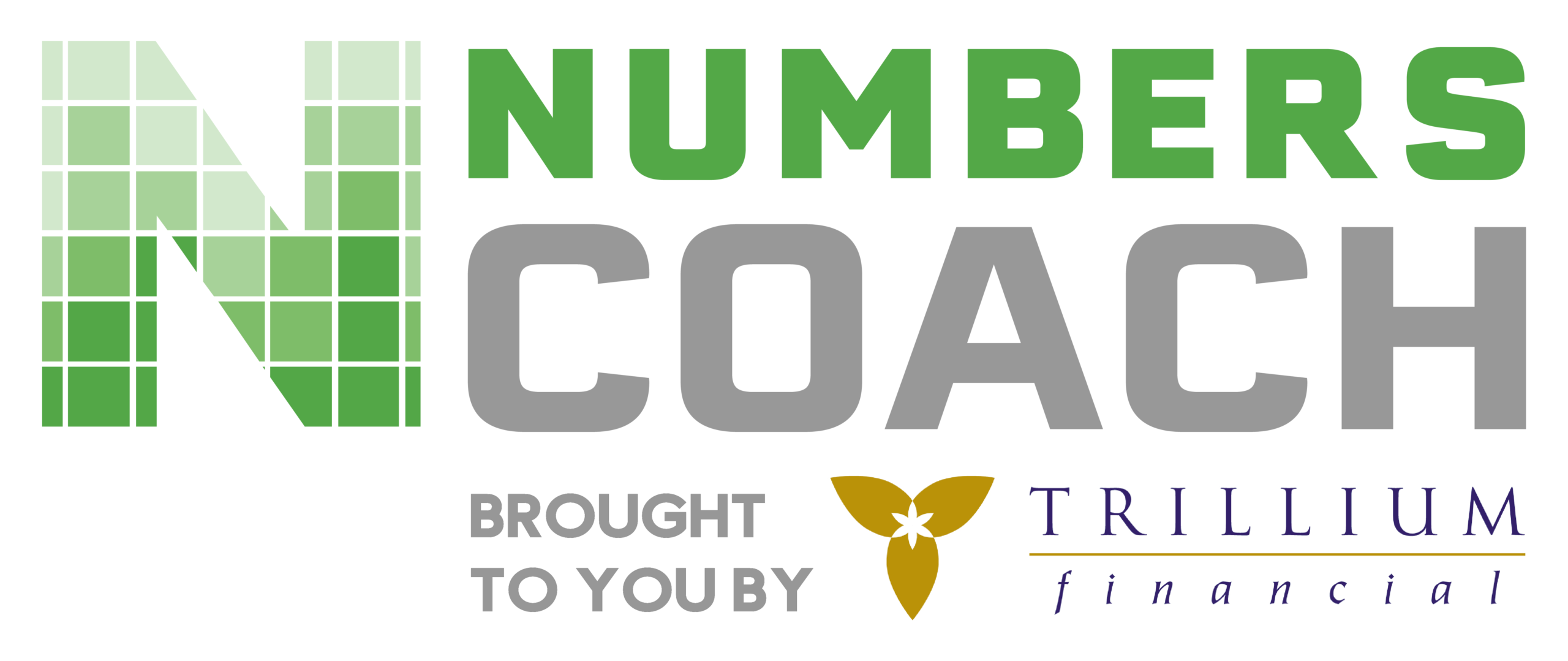by Michael Iverson
Self-reliance is a characteristic of most successful small business owners. When an important business objective needs to be accomplished, an owner often takes a hands-on approach. In my experience, the owner’s personal involvement usually assures that the objective is met.
There is a possible downside to self-reliance, however; an excess of self-reliance can stunt business growth. It’s possible for an owner to give too much weight to his own ideas, when listening to the ideas of others would yield better results. To guard against this possibility, many business owners establish advisory boards.
What Is an Advisory Board?
An advisory board is a group of peers that a business owner consults periodically and informally. Members of the advisory board provide perspectives and experience that help fill gaps in the business owner’s knowledge base. In other words, a humble business owner realizes that he doesn’t have all of the answers. Advisors usually make their most significant contributions by helping to shape strategic direction for the business, although some are capable of suggesting operational improvements.
Members of the advisory board are invited to serve because they are respected and trusted by the business owner. The business owner has a personal relationship with each member of the advisory board, so everyone has an interest in seeing the business succeed. Advisory board members serve on a voluntary basis; they have no fiduciary responsibilities to the business. They must not be afraid to offer honest opinions, because opinions and ideas are their principal contributions to the organization’s success.
Getting Started
Many business owners see how useful it would be to have an advisory board, but there’s an obstacle to putting such a board in place. The owners are so involved in the details of day-to-day business that they haven’t cultivated many professional relationships. Don’t let that become your excuse for not establishing an advisory board.
Good candidates can be found through a local business organization (Rotary Club, for example). Or, an owner can identify and approach retired executives with knowledge of the industry. Current business contacts are another source of excellent candidates. A supplier or vendor certainly has knowledge of your operations and an interest in your business success.
Recruit advisors whose skills and knowledge bases complement your own. Think about the biggest challenges you face in building your business and add advisors whose strengths speak to these challenges. No matter what business challenges you face, others have successfully addressed many of the same issues. Your task is to find them.
An advisory board should be a small, manageable group. Typically, the right size is three to six advisors. Knowledge of your industry is helpful, but it shouldn’t be a pre-requisite. At least one or two advisors should be from other industries. They will lend fresh perspectives. A good mix of advisors includes people from varied disciplines: sales, marketing, engineering, finance, human resources and legal, for example.
Compensating advisory board members is discretionary, but most business owners feel strongly that advisors should be compensated to reflect their contributions to an organization’s success. There are many ways to show your appreciation for a person’s valuable input. Gifts, dinners and cash bonuses are a few ways to express that appreciation.
If you would like to discuss how your business can establish an advisory board,contact us. We’re glad to share our ideas!
